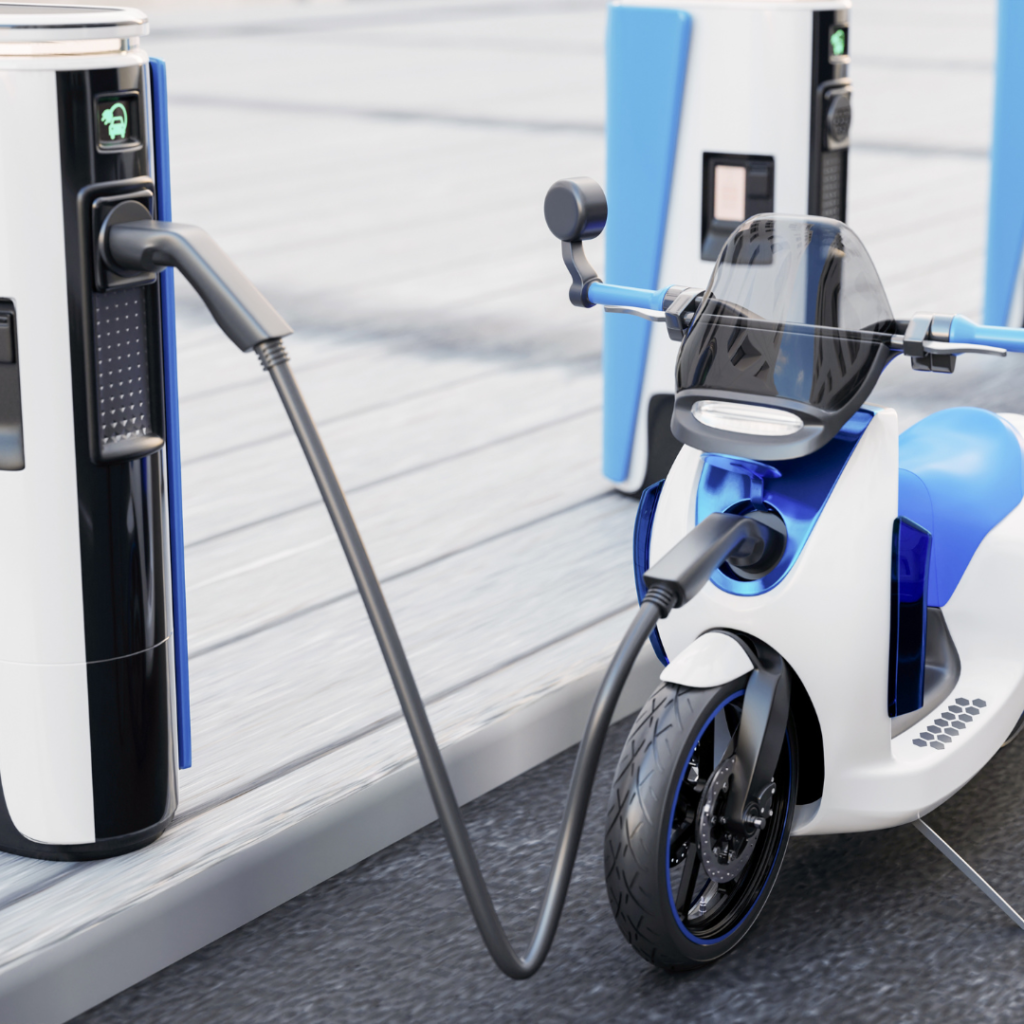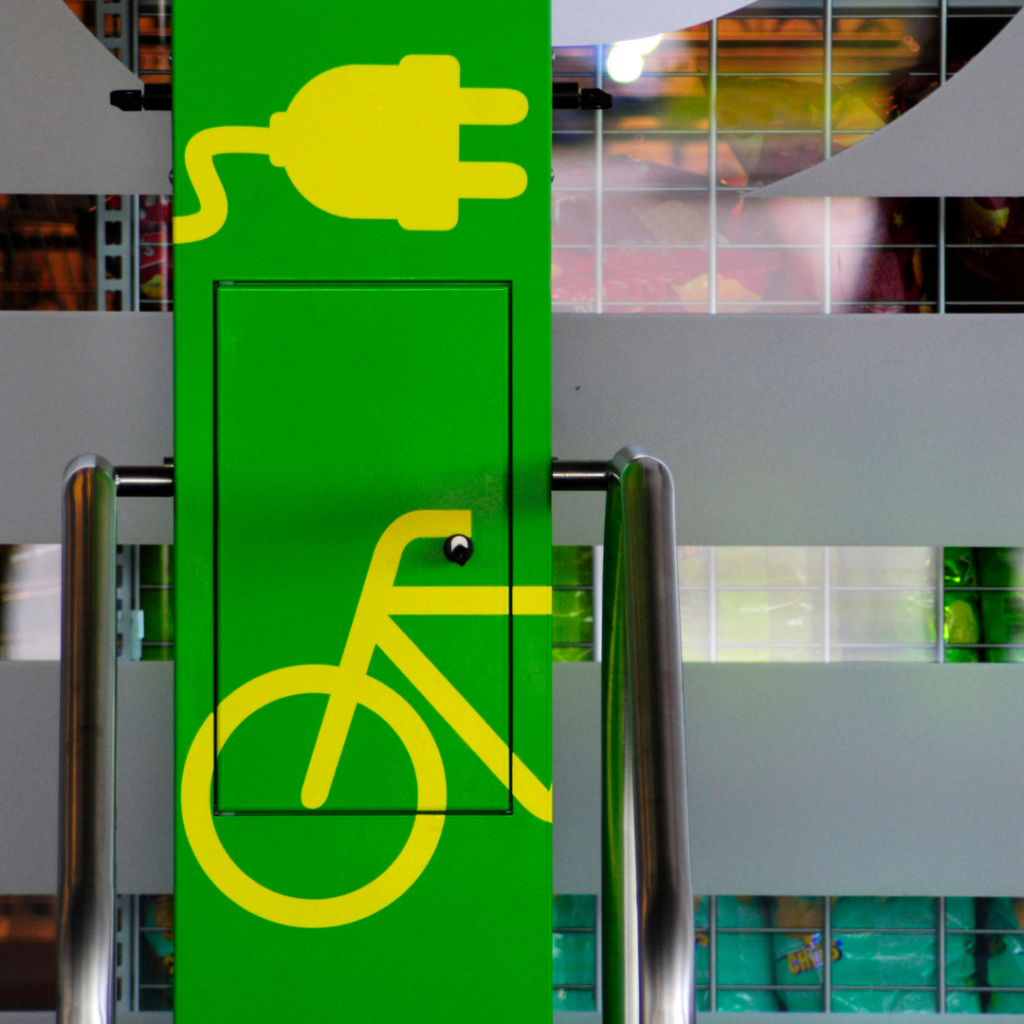An emerging electric vehicle (EV) manufacturer in India aimed to go beyond producing eco-conscious mobility solutions—they wanted to empower both individuals and micro-entrepreneurs. The key research question? How do real users perceive the ergonomics and ease of charging of removable EV batteries, particularly in the context of everyday commuting and gig economy-based delivery use?

Objective
The client aimed to move beyond manufacturing electric scooters and focus on designing mobility solutions that empowered individual users and micro-entrepreneurs. Their key question:
How do users perceive the ergonomics and convenience of removable EV batteries in their daily use—especially in high-frequency delivery settings?
Challenges:
Tight deadlines aligned with the client’s product development roadmap
Sample diversity to include both casual and commercial users
Weather-related disruptions affected fieldwork progress
Geographic representation required across various Bangalore zones

Role of Robas Research

To ensure timely and quality insights, Robas Research adopted a flexible and multi-channel recruitment model:
EV Showroom Collaborations: We partnered with local EV dealers to recruit recent buyers directly at the point of sale.
Delivery App Hubs: Delivery executives were reached through hubs associated with platforms like Swiggy, Instamart, Zepto, and Blinkit.
Street-Level Intercepts: In areas with unpredictable weather, our field team recruited passing EV users near charging locations and delivery hotspots.
Internal Moderation: With probing handled by in-house researchers, our execution team could focus on logistics and respondent quotas.
Have a research project but not sure whom to contact and how to start? We got you covered! With the depth and breadth of research panels, and regional presence in the USA and India, Robas Research – one of the leaders in market research industries works with 20+ industries’ clients (B2B and B2C) such as Toyota, Bosch, CRISIL, Kantar, Big Basket, IPSOS and more!
Results Achieved
1. User Lifestyle & Environment
86% are Karnataka-based residents
90% live in independent homes, mostly on ground or first floors — favorable for handling portable batteries
Half are married, with top leisure activities including YouTube viewing and socializing
2. EV Ownership & Financial Behavior
77% own their EVs, while 23% rent (primarily from Yulu or Bounce)
Brand ownership: Ola (23%), Hero (13%), TVS (12%)
33% bought their vehicle via loans, highlighting affordability as a key factor
3. Delivery Segment Nuances
2 out of 3 riders have less than 2 years of delivery experience
Grocery (heavy load) delivery riders and married respondents had higher daily orders
Battery swappability and quick-charging options are crucial for delivery efficiency and satisfaction
Client Outcomes
✅ Delivered segment-specific user insights that influenced battery redesign for portability
✅ Helped optimize the charging infrastructure strategy for both private and shared use
✅ Enabled the client to tailor marketing and sales messaging to address the differing needs of commuters vs. gig economy riders.
As India’s EV ecosystem expands, success hinges on understanding not just the machine but the human behind the handlebar.
By focusing on the nuances of usability, portability, and real-world charging behavior, this study helped transform a functional product into a human-centered innovation. With Robas Research’s agile, ground-up research approach, the client is now positioned to create mobility solutions that are not only smart but built for life.
Frequently Asked Questions
The sample size of the study was 314.
The study used a targeted face-to-face interview methodology called “CAPI survey methodology”
The key challenges faced during the study included identifying the recent EV vehicle buyers’ brand, short project timeline, and area-wise quota.
The key results of the study included the rider profile, daily routine, vehicle usage and charging behavior, rider income, expenditure, savings, and other financial aspects.
According to a report by Mordor Intelligence, the EV market in India is estimated to be worth USD 37.70 billion by 2028, growing at a CAGR of 46.38% during the forecast period (2023-2028).
According to Forbes India, India’s GDP stood at $3,737 billion in 2023.
